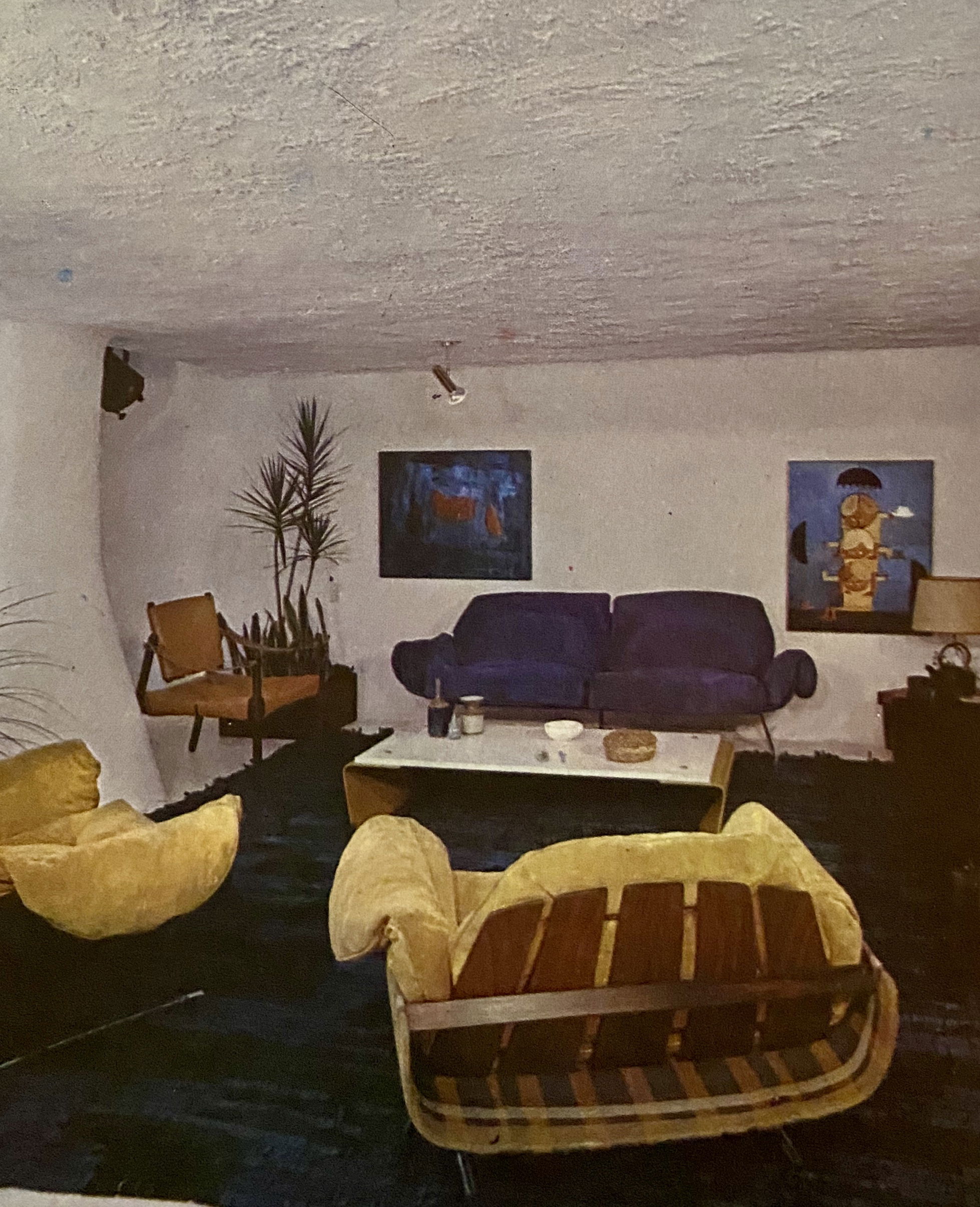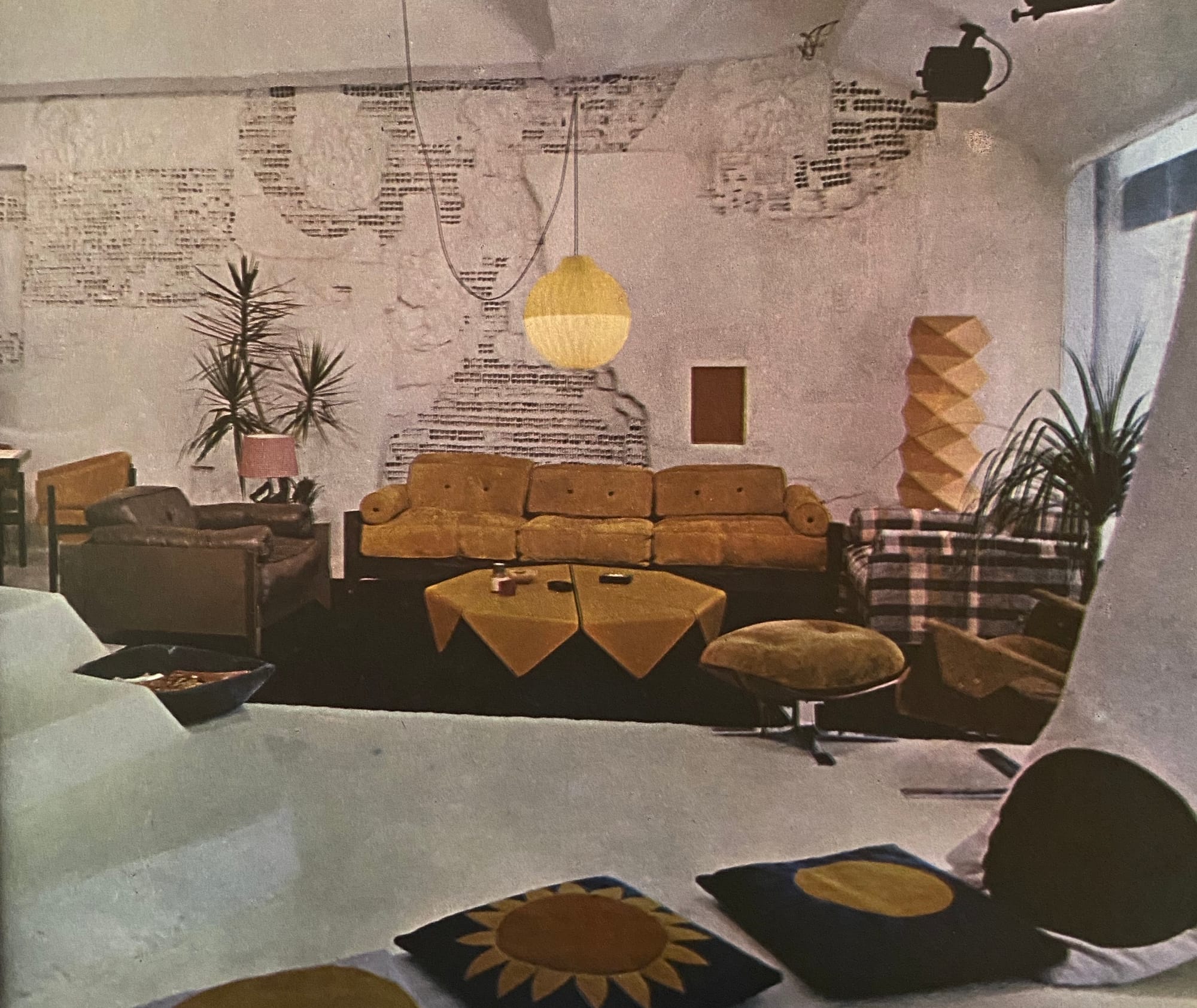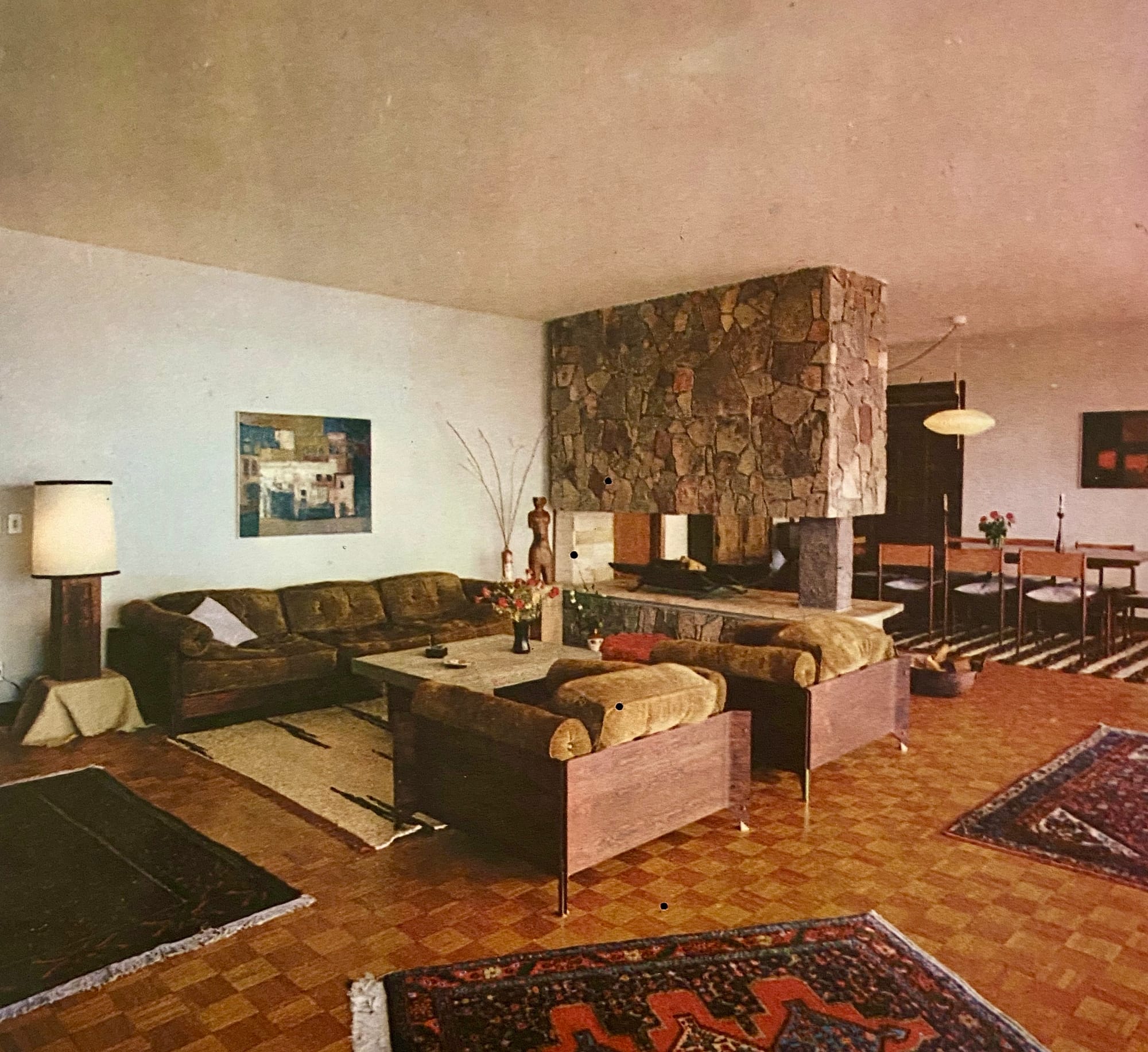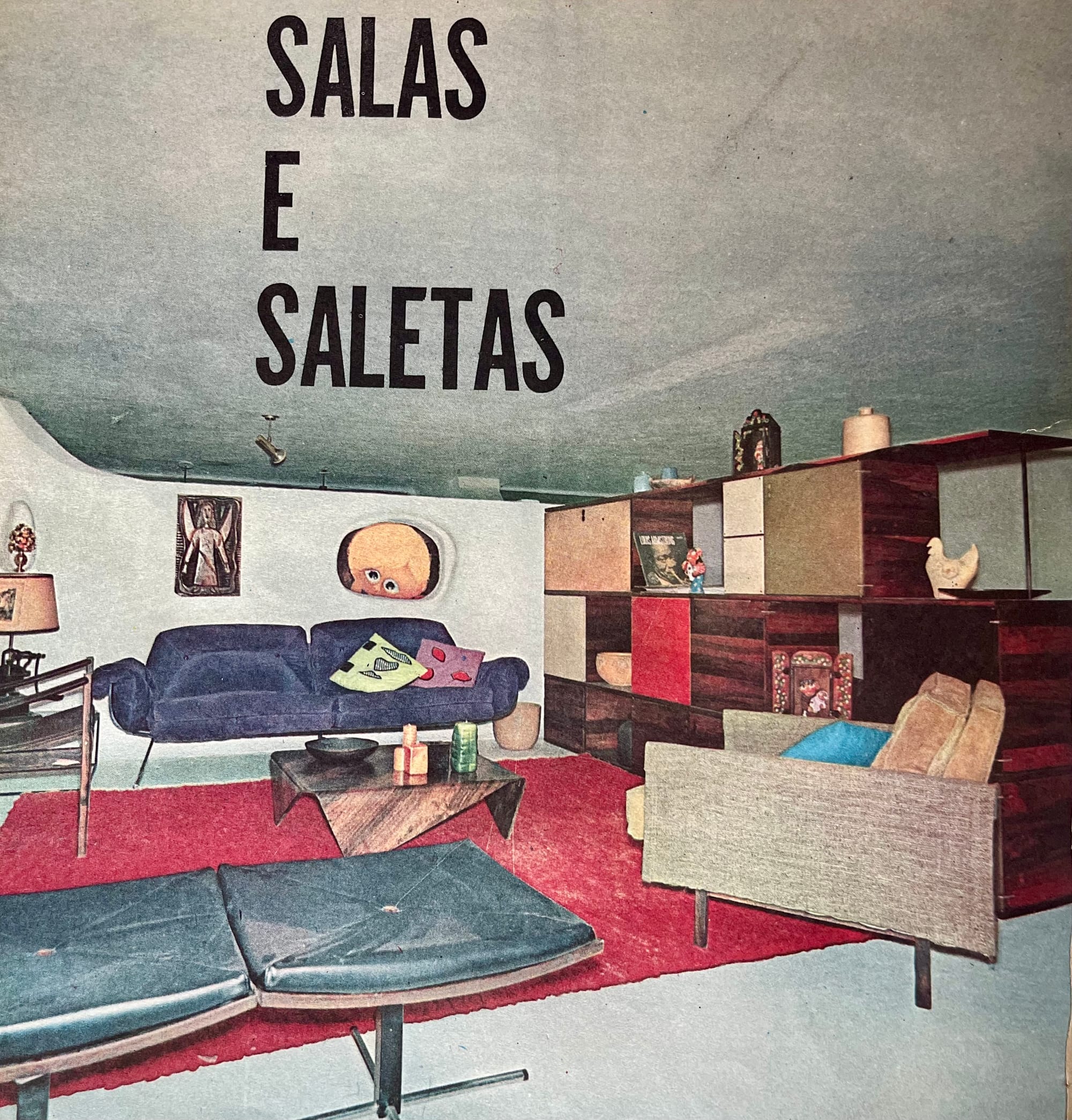Jorge Zalszupin
18/09/2024
Jorge Zalszupin 1922-2020
Born in Poland in 1922, Jorge Zalszupin studied architecture in Romania during World War II; after the conflict, he moved to France, where he worked for two years on the Dunkirk reconstruction project. In 1949, with a copy of Today's Architecture dedicated to Brazil in his suitcase, he traveled to Rio de Janeiro to discover the beginnings of the tropical modernism of which he was to become an illustrious exponent. At the end of his stay, Zalszupin was preparing to return to Europe when he received a job offer from Luciano Korngold and his famous Sao Paulo architecture firm, Studio Pruma. Over a period of ten years, the two architects collaborated on numerous modern and luxurious buildings in the vibrant São Paulo of the 1950s. In 1958, at the suggestion of Charlotte Perriand, Jorge Zalszupin and his newly founded furniture workshop were commissioned to furnish the new Air France agency in São Paulo. It was in this workshop that Zalszupin created his first two masterpieces in 1959: the JZ tea trolley and the Dinamarquesa armchair. An immediate success, L'Atelier received numerous commissions to furnish wealthy modernist homes. This first phase of the designer's career is distinguished by slender forms, the finesse of tropical woods and excellent craftsmanship. The use of innovative products set him apart from existing production with his modern look. Beginning with the tea cart, the thermoforming of plywood using new machinery imported from Germany became the manufacturing process for a series of emblematic pieces of Brazilian modernism, such as the Pétala table and the Presidencial armchair. The most notable pieces from this period are the Guanabara table, the Senior chairs, the Kovac shelves and buffets, the Componível bench and the Ambassador desk. At the end of the 1960s, Jorge Zalszupin was forced to sell his company to the Forsa SA group, but he remained in charge of projects until the closure of the company in 1979.






